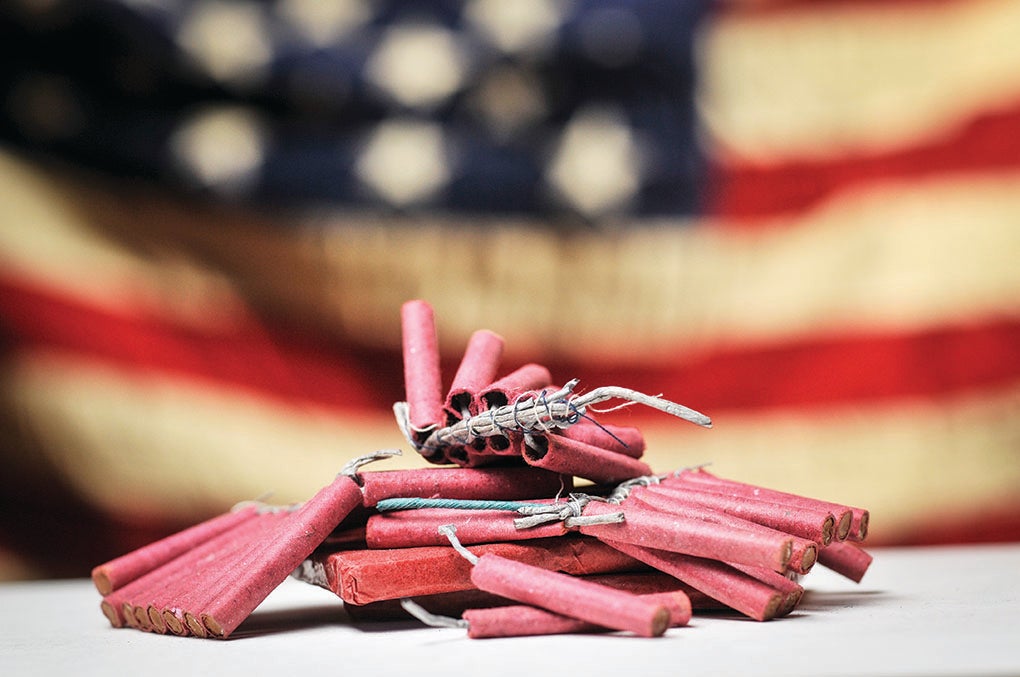Safety important with fireworks
Published 9:56 am Thursday, July 1, 2021
|
Getting your Trinity Audio player ready...
|
The Bureau of Alcohol, Tobacco, Firearms and Explosives (ATF) wants the public to be safe during the Fourth of July. Understanding the dangers associated with illegal or improperly used/manufactured fireworks can prevent severe injuries, disfigurement, or even death.
Illegal devices are not fireworks, but are often manufactured and used during the fireworks season. These devices are made up of explosive compositions that are typically extremely sensitive to heat, shock, electrostatic discharge and friction that may initiate unexpectedly causing serious injury or death. The risks associated with these devices are further compounded, because the persons manufacturing, transporting and using these devices often do not have the knowledge, skills, and experience required for such activities.
ATF is the federal law enforcement agency charged with enforcing federal explosives laws and works with the Consumer Product Safety Commission (CPSC), along with state and local agencies, through their fireworks enforcement/safety programs to provide a safe environment for the public regarding the use of these products.
Suggested safety tips when using fireworks include:
- Never allow young children to play with or ignite fireworks.
- Always have an adult supervise fireworks activities. Parents don’t realize that young children suffer injuries from sparklers. Sparklers burn at temperatures of about 2,000 degrees — hot enough to melt some metals.
- Never place any part of your body directly over a firework device when lighting the fuse. Back up to a safe distance immediately after lighting fireworks.
- Never try to re-light or pick up fireworks that have not ignited fully.
- Never point or throw fireworks at another person.
- Keep a bucket of water or a garden hose handy in case of fire.
- Never carry fireworks in a pocket or shoot them in metal/glass containers.
- After fireworks complete their burning, douse the spent device with plenty of water from a bucket or hose before discarding it to prevent a trash fire.
- Make sure fireworks are legal in your area. Check your state laws and with your local ordinances before buying or using them.
Many law enforcement agencies consider these explosive devices — commonly referred to as M-80s, M-100s, quarter sticks, cherry bombs, and silver salutes — illegal, because they exceed the CPSC’s explosive weight limits for consumer fireworks. Additionally, these devices may also be illegal under similar state laws and local ordinances.






